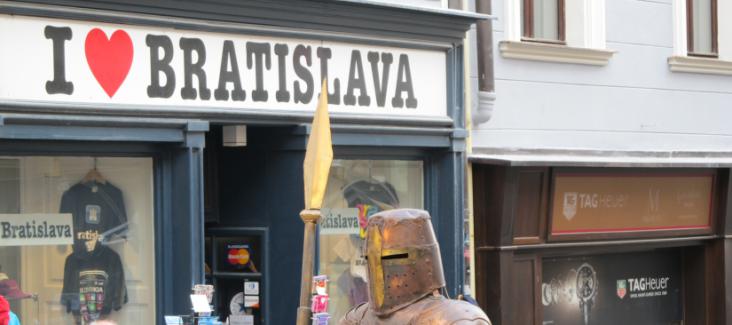“Regardless of the issue at stake, the Slovakians will hardly make the turnout threshold. The turnout quorum has provided always and everywhere better chances of winning by simply not showing up at the ballot box. This is definitely a breach of the principle of equal suffrage”, states Daniela Bozhinova, board member of Democracy International.
The upcoming referendum in Slovakia is the result of a citizens’ initiative by the Alliance for Family (AZR) that had collected more than 400,000 signatures to trigger a referendum. 350,000 signatures were legally required. If the turnout surpasses the quorum of 50 per cent (+1), the referendum would be the first one ever in Slovakia’s history that citizens initiated since the country’s independence in 1993 – Slovakia’s constitution had stipulated a referendum on joining the EU.
“After the fall of communism most countries of the former Eastern block passed referendum laws that have the 50 per cent (+1) turnout requirement. My country Bulgaria has gone even further – referendum quora must equal or surpass the turnout of previous elections. This has greatly discouraged local referendums as they have to reach levels of turnout as high as 60, 70 and sometimes even 80 per cent in smaller municipalities. These high turnout requirements are undemocratic and should not exist. A referendum on one single issue is not the same like an election”, comments Daniela Bozhinova.
Background: Slovakia and direct democracy in the EU
Out of all 28 EU Member States, Slovakia is amongst the most advanced countries with direct democracy at national level. Whereas Germany or Belgium do not have any direct democratic instruments nationwide at all, citizens of the EU countries Bulgaria, Croatia, Hungary, Latvia, Lithuania, Slovakia, Italy, Luxembourg, Slovenia and Malta can directly draft or veto a law proposal. Yet, the hurdles of the turnout and approval quorum define the success of the citizen-initiated referendums. In Croatia, for example, no turnout quorum exists.

